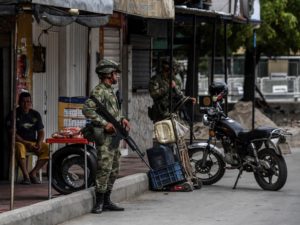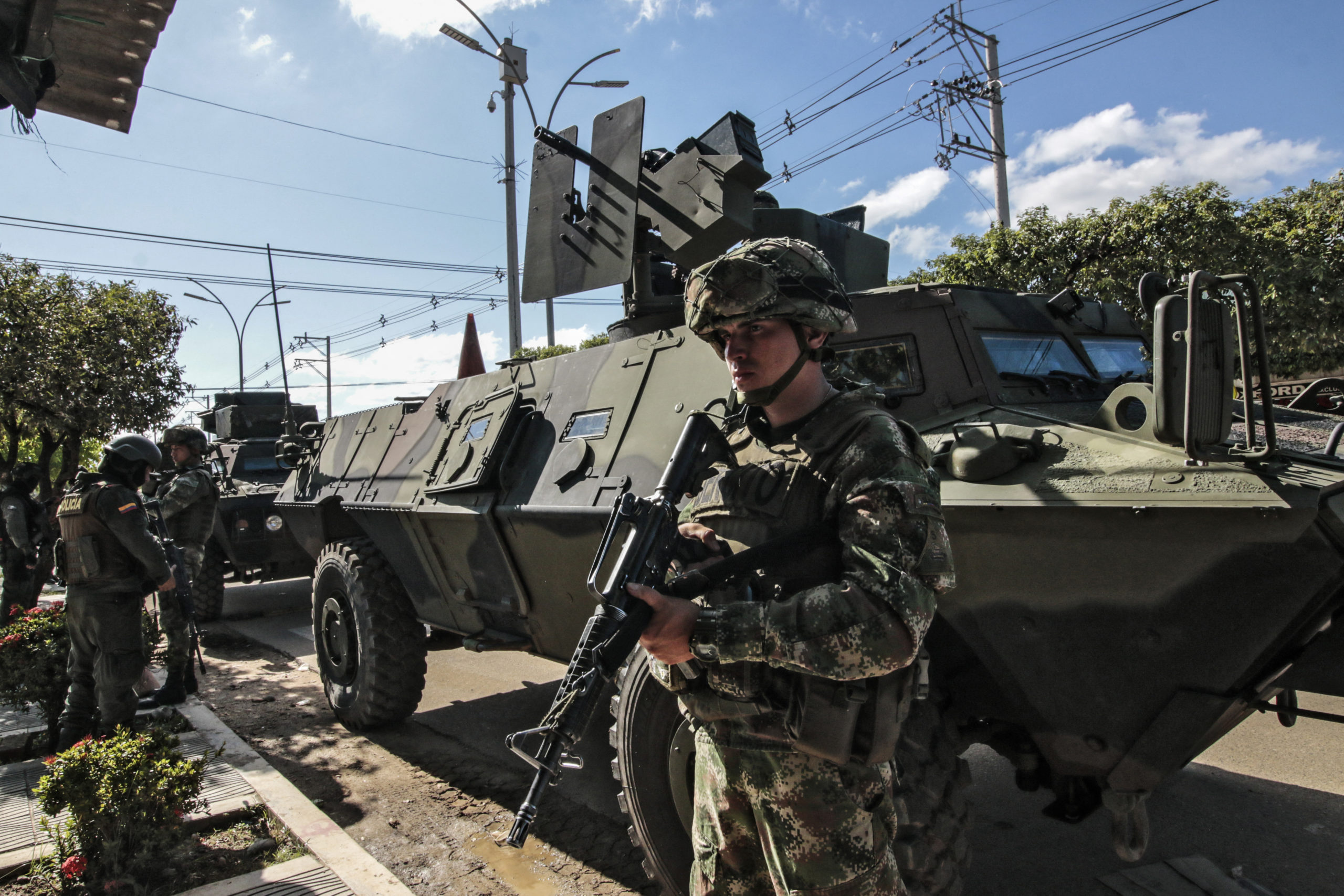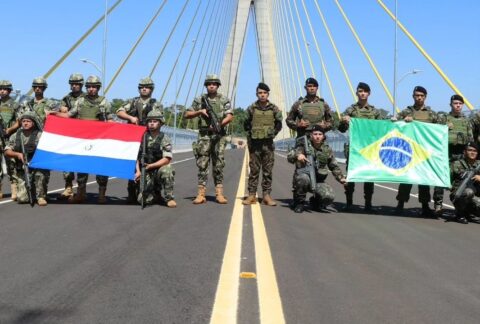Some 1,900 Colombian criminals are allegedly living in Venezuelan border cities, where they plan criminal activities against Colombia and in favor of narcotrafficking, General Luis Fernando Navarro Jiménez, commander of the Colombian Military Forces, told the Chilean newspaper La Tercera in September 2021.
Gen. Navarro estimated that around 1,200 members of the National Liberation Army (ELN, in Spanish) and some 700 dissidents of the Revolutionary Armed Forces of Colombia (FARC, in Spanish) are living in the Venezuelan cities of Zulia, Táchira, Apure, and Amazonas.
“In total, there are about 2,350 ELN combatants, nearly half of them are in Venezuela, and 2,400 FARC men and women, a third of them acting from the neighboring country,” Gen. Navarro added. “ELN attacks targets in Colombia, and then retreat to the Venezuelan territories where they hide.”

The ELN conducts illegal activities in Venezuela, including gasoline smuggling, mining, and extortion, as well as operations in coca-growing enclaves, the Colombian nongovernmental organization Ideas for Peace Foundation (Fundación Ideas para la Paz) said in a February report.
“In the last three years, illegal armed groups have gone from having a strategic rearguard to a criminal enclave in Venezuela, with the approval of the Nicolás Maduro regime,” former Colombian Minister of Foreign Affairs Carlos Holmes Trujillo told the Organization of American States in September 2019. “The FARC and the ELN have strengthened in the last two decades […] thanks to the governments of Chávez and Maduro and increasingly overlapping economic interests.”
New opportunity to gain legality
On October 30, the Colombian government put forward a plan for members of illegal armed groups engaging in drug production, sale, and commercialization to voluntarily surrender and “be on this side, on the side of legality,” Minister of Defense Diego Molano told Radio Nacional de Colombia.
According to the plan, benefits include access to health services, education, and even financial remuneration, depending on a case by case analysis conducted by the Colombian Office of the Attorney General.
“If a person appears voluntarily and has a child and a wife, they will also be protected,” Juan Camilo Restrepo, Colombia’s High Commissioner for Peace, said.









